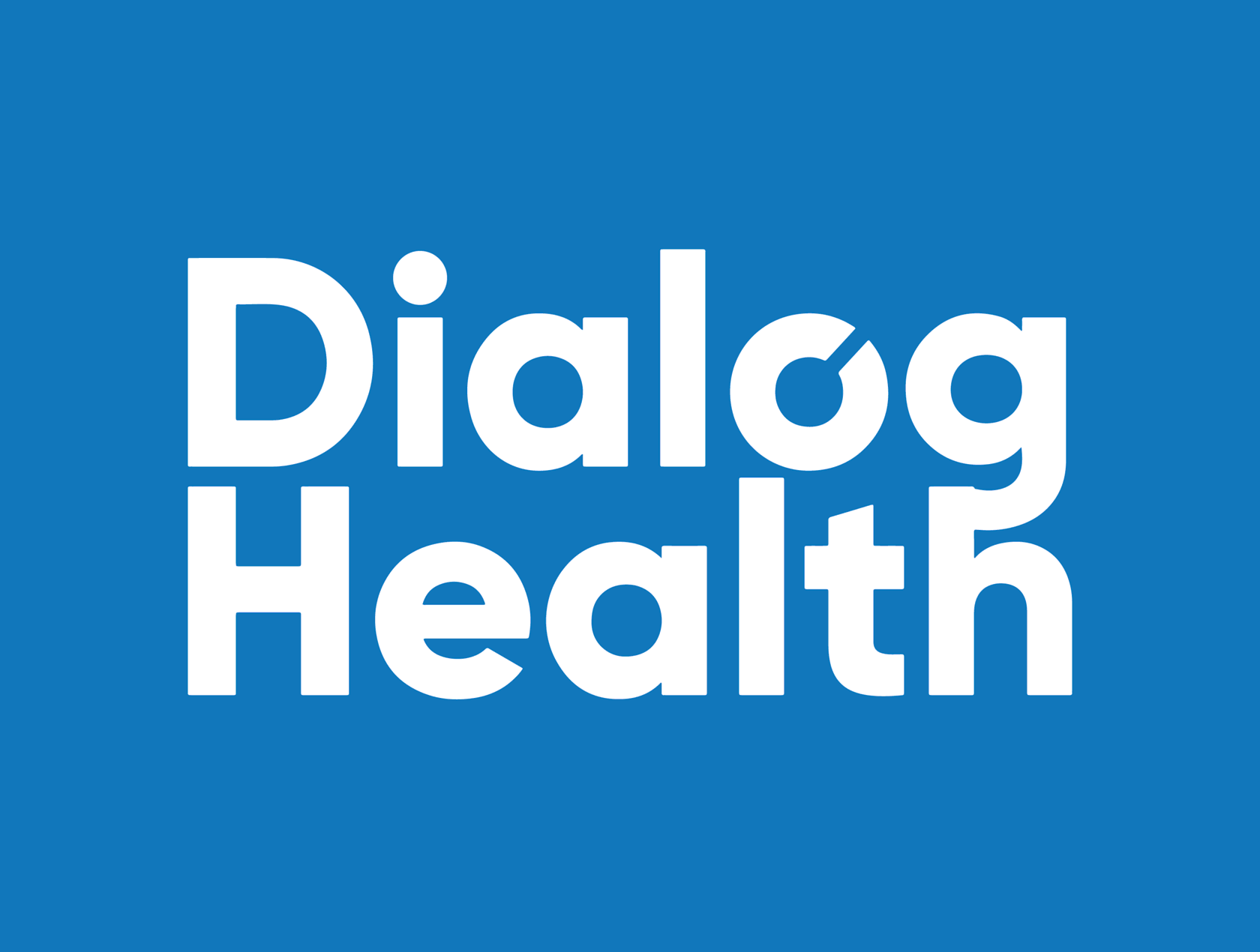CONFERENCE ONLINE
The Magnet program, a model for French hospitals?
- Online
- Healthcare
- 50 participants
- June 2022
No health system has found a miracle solution, but the model of Magnet hospitals is a source of inspiration for hospitals worldwide. This model results in a recognition program carried out by the Association of American Nurses. Nearly 500 hospitals are recognized internationally, including around 20 outside the United States. Our June 24th web conference brought together more than 50 French health professionals motivated to reflect on the potential of the model of Magnet hospitals in France.
The "Great Resignation" and the hiring difficulties of healthcare staff, in particular nurses, are international. In the United States, 32% of nurses plan to leave their job by the end of 2022 for stress and burnout reasons. Whereas 60% of British nurses have the feeling of being underappreciated and undergoing too much pressure. In Australia, 20% of nurses wish to leave their job, explaining they have lost hope and suffer from the lack of staff.
Rebecca Graystone from the American Nursing Association presented the characteristics of the Magnet Recognition Program, which was created following a study carried out in 1983. The hospitals capable of attracting and retaining nurses share 14 forces, which are grouped in 5 axes:
- Transformational leadership
- Structural autonomy
- Exemplary professional practice
- New knowledge, innovations, and improvements
- Empirical results
Numerous studies have demonstrated the Magnet model's impacts: improvement of the capacity of attracting and retaining nurses, quality and safety of care, patient outcomes, and economic efficiency. The designation of a Magnet hospital implies a profound change in hospital culture and a strong involvement of management and professionals. There were 584 Magnet hospitals in June 2022 (9.2% of American hospitals). Outside the United States, 10 countries have Magnet-designated hospitals (including Belgium and the United Kingdom).
The Cleveland University Hospital (Ohio) is one of the healthcare organizations that participated in the original 1983 study. It has been a Magnet hospital since 2006. Jennifer Gonzalez, director of the Magnet program, presented the internal organization implemented within the Magnet framework, which is based on structured professional governance based on nursing care. She also shared the actions implemented on several levels: satisfaction, commitment and retention of nurses, recruitment, and nursing innovation.
Danny Van Heusden shared the experience of Antwerp University Hospital, the first European hospital recognized as Magnet in 2017 The Belgian Magnet process is based on several cumulative blocks of action: the Lean approach, deployed since 2008; model nursing care based on collaboration and recognition of specific nursing inputs; and shared governance down to the level of healthcare units and membership in the NDNQI database, which allows a hospital to move from a quality approach based on structural monitoring and processes to a valuation of the outcomes achieved by nursing care.
The exchanges made it possible to clarify the concept of a Magnet hospital and to present the Magnet program, as well as the steps to be taken to obtain recognition and its impact on hospital organizations.
Rebecca Graystone from the American Nursing Association presented the characteristics of the Magnet Recognition Program, which was created following a study carried out in 1983. The hospitals capable of attracting and retaining nurses share 14 forces, which are grouped in 5 axes:
- Transformational leadership
- Structural autonomy
- Exemplary professional practice
- New knowledge, innovations, and improvements
- Empirical results
Numerous studies have demonstrated the Magnet model's impacts: improvement of the capacity of attracting and retaining nurses, quality and safety of care, patient outcomes, and economic efficiency. The designation of a Magnet hospital implies a profound change in hospital culture and a strong involvement of management and professionals. There were 584 Magnet hospitals in June 2022 (9.2% of American hospitals). Outside the United States, 10 countries have Magnet-designated hospitals (including Belgium and the United Kingdom).
The Cleveland University Hospital (Ohio) is one of the healthcare organizations that participated in the original 1983 study. It has been a Magnet hospital since 2006. Jennifer Gonzalez, director of the Magnet program, presented the internal organization implemented within the Magnet framework, which is based on structured professional governance based on nursing care. She also shared the actions implemented on several levels: satisfaction, commitment and retention of nurses, recruitment, and nursing innovation.
Danny Van Heusden shared the experience of Antwerp University Hospital, the first European hospital recognized as Magnet in 2017 The Belgian Magnet process is based on several cumulative blocks of action: the Lean approach, deployed since 2008; model nursing care based on collaboration and recognition of specific nursing inputs; and shared governance down to the level of healthcare units and membership in the NDNQI database, which allows a hospital to move from a quality approach based on structural monitoring and processes to a valuation of the outcomes achieved by nursing care.
The exchanges made it possible to clarify the concept of a Magnet hospital and to present the Magnet program, as well as the steps to be taken to obtain recognition and its impact on hospital organizations.
Previous tours

